Cognitive Brain Research Group
The aim of our group is to understand cognitive functions of the human brain and the cognitive profile of people with various epilepsy types. We use a multimodal approach to tackle some of the most fundamental neuroscientific problems: for example, how are the cognitive functions represented in the human brain, using epilepsy and its typical impairments as a model. Our aim is to develop a comprehensive battery of cognitive tests that would enable not only to assess potential deficits of patients but also to investigate the neural networks dynamics underlying the behavioral responses. Such mapping allows us to uncover neural correlates of different cognitive functions, and ultimately, predict or even avoid potential cognitive deficits in people with epilepsy after surgery.
In more detail, one of our approaches focuses on brain activity during various cognitive tasks and seeks to uncover how the brain orchestrates its networks to produce our behavior. The brain activity is measured by intracerebral electrodes located directly in the human brain. This provides a unique opportunity to observe the activity of the neuronal populations in the vicinity of the electrode contacts. Given the invasiveness of the recording method, we can only measure the intracranial EEG signal in epilepsy patients during their presurgical investigation and only in the brain areas indicated for implantation to provide the best health care. The different cognitive tasks, the representation of which is currently being investigated by our team, include attention allocation, face processing, numerical cognition, working memory, movement encoding or visual processing. Apart from cortical activation, we also investigate the interactions of the brain networks, in collaboration with the Complex networks and brain dynamics group of Dr. Jaroslav Hlinka from the Czech Academy of Sciences.
Another approach is based on detecting the impairments of social cognition in a real clinical practice in patients with neurological disorders, especially in people with epilepsy. We are using different methods to assess social cognition and emotion recognition. We are correlating those data with typical comorbidities like depression and anxiety that are often behind the cognitive maladaptation. All our studies are approved by an ethical committee and attending clinicians, and, of course, with an informed consent of our patients.
The aims of our research group include not only to add to a better understanding of the human brain, the neural networks underlying the cognitive functions and their underlying neuronal dynamics and interactions, but also to map a potential functional reorganization in the brain of epilepsy patients.
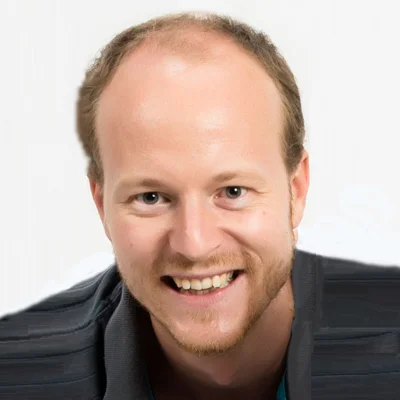
Dr. Jiri Hammer, PhD
Team Leader

Kamil Vlcek, MSc, PhD
Researcher

Jana Amlerova, MD, PhD
Physician
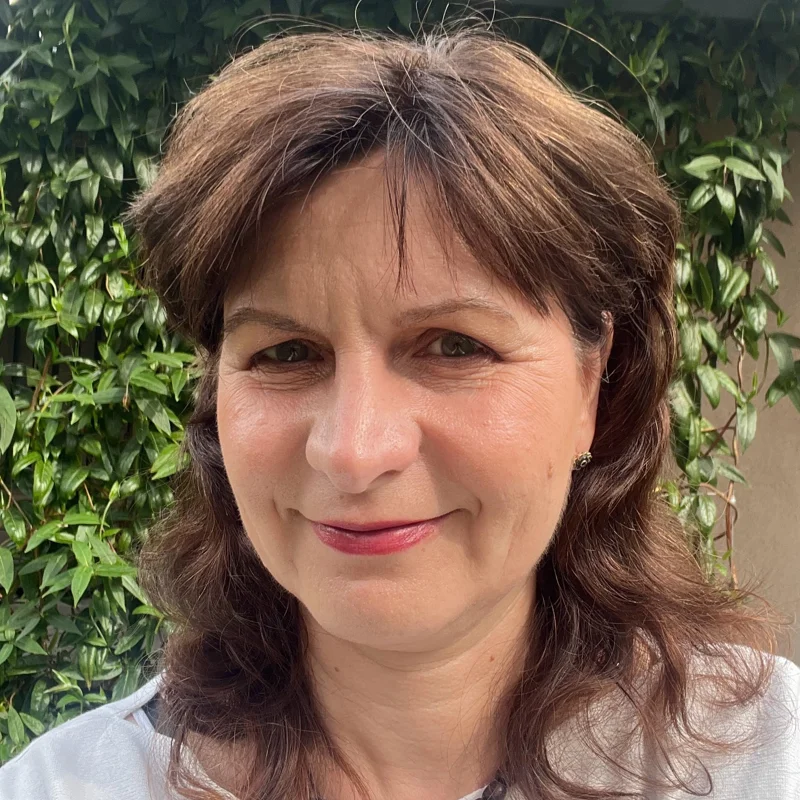
Dr. Alice Maulisova, PhD
Paediatric clinical psychologist, neuropsychologist
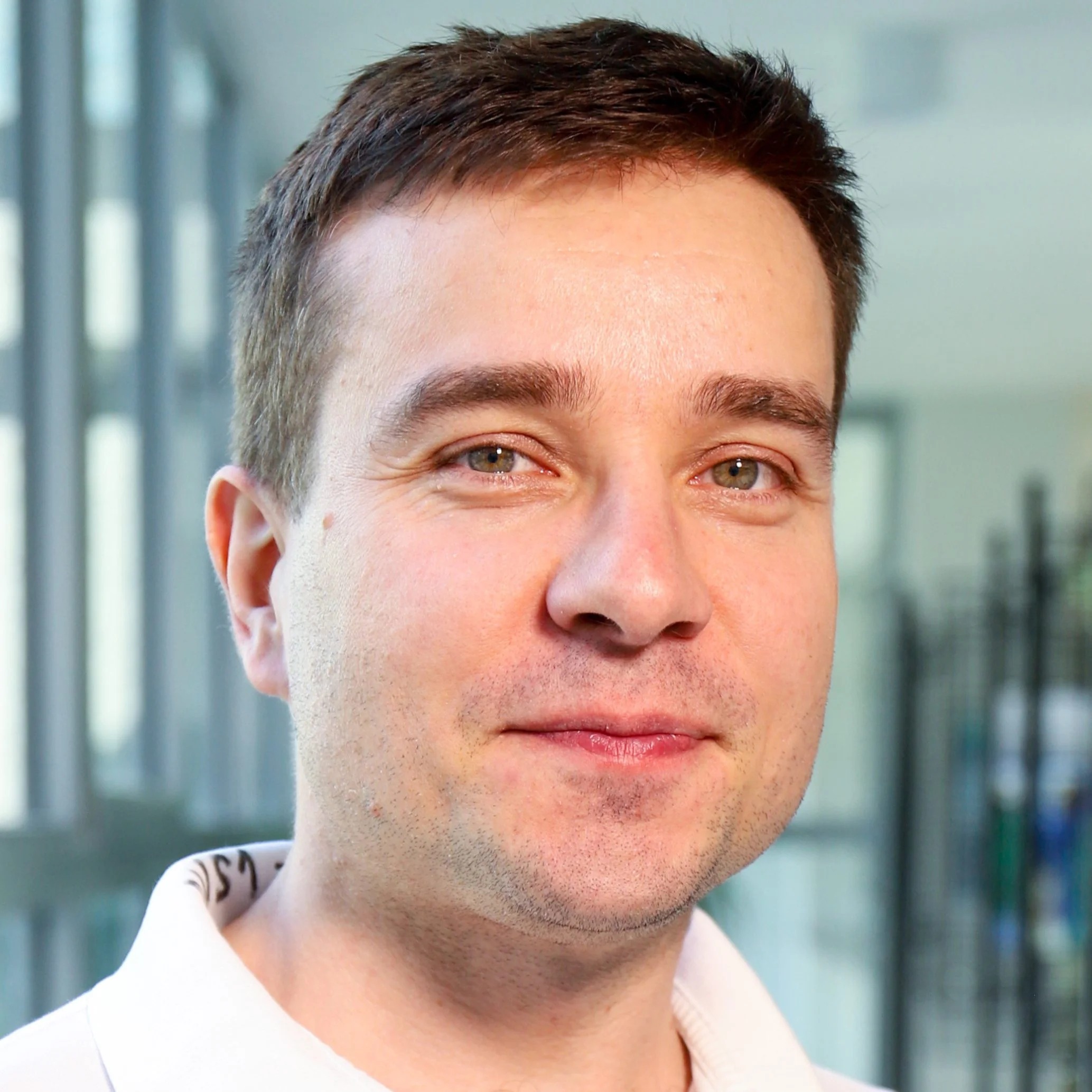
Martin Kudr, MD, PhD
Physician
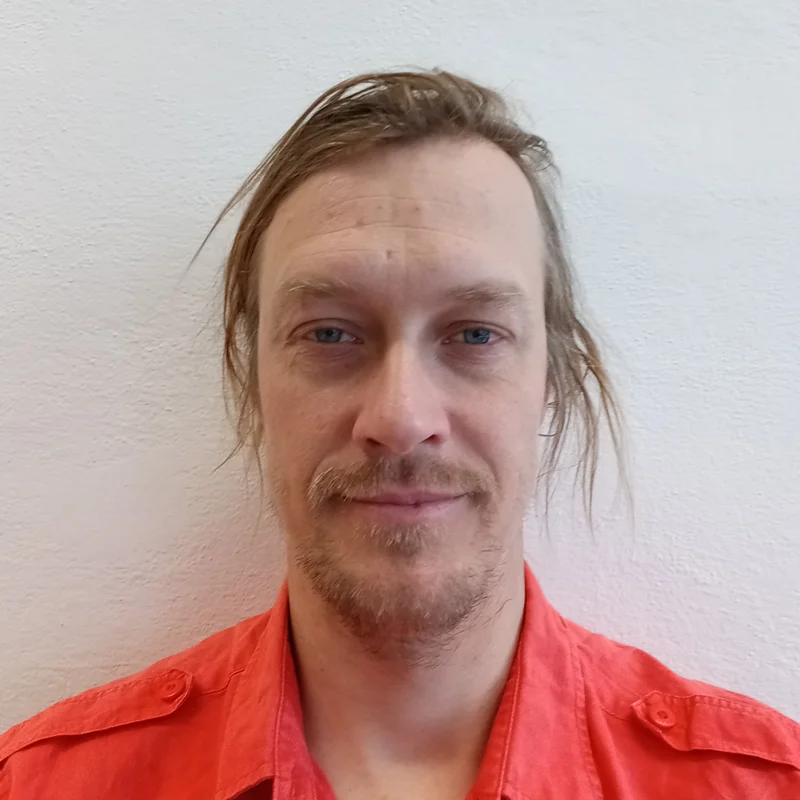
Petr Jezdik, MSc, PhD
Researcher
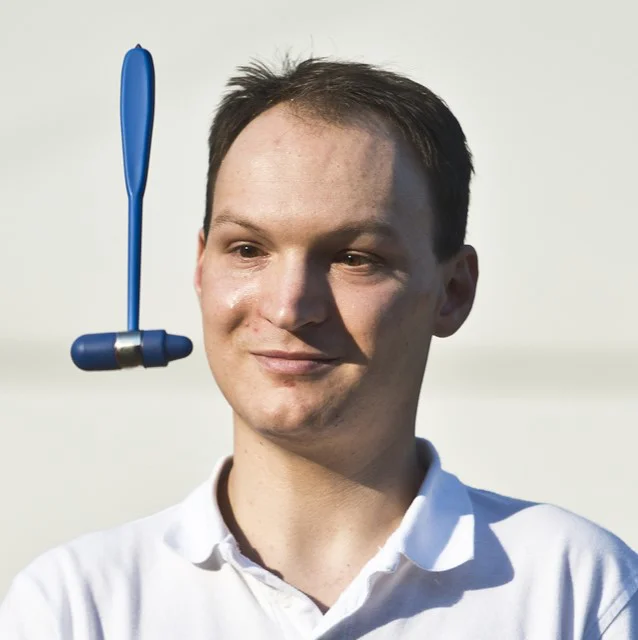
Adam Kalina, MD
Physician
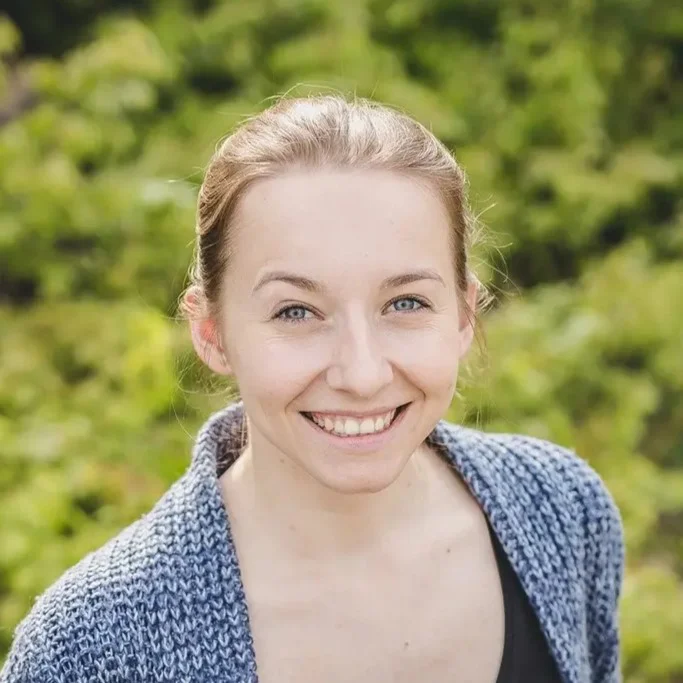
Michaela Kajsova, MD
PhD student, physician
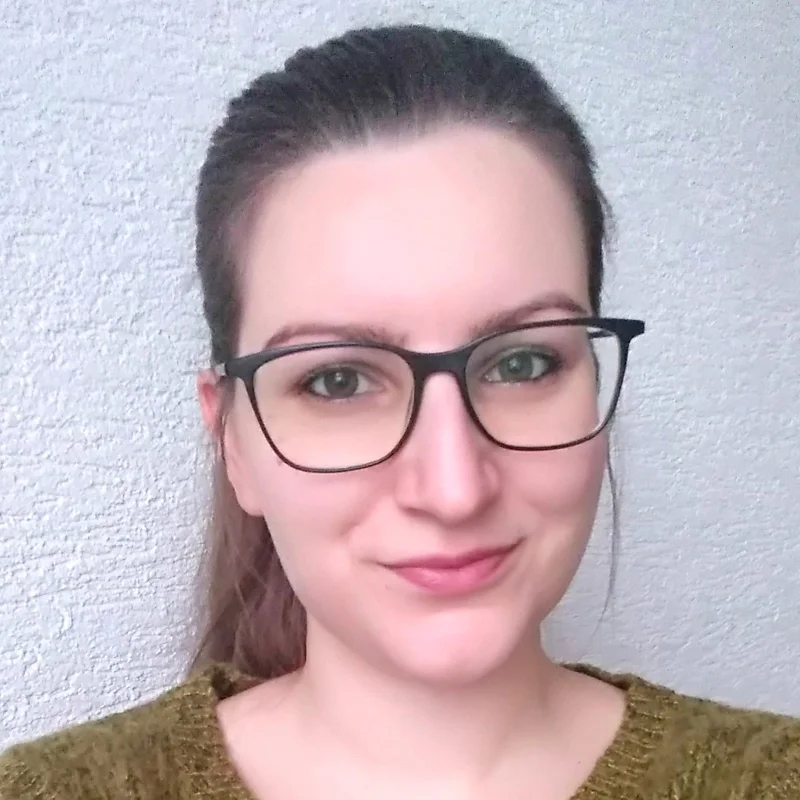
Viktoria Pytelova, MD
PhD student, physician
Research areas
Focus of attention representation in intracranial EEG
Investigators: Jiří Hammer, Michaela Kajšová, Adam Kalina, Petr Marusič
Publications:
Hammer, J., Kajsova, M., Kalina, A., Krysl, D., Fabera, P., Kudr, M., … & Marusic, P. (2024). Antagonistic behavior of brain networks mediated by low-frequency oscillations: electrophysiological dynamics during internal-external attention switching. bioRxiv, 2024-03. https://doi.org/10.1101/2024.03.14.584984
Völker M, Fiederer LDJ, Berberich S, Hammer J, Behncke J, Kršek P, Tomášek M, Marusič P, Reinacher PC, Coenen VA, Helias M, Schulze-Bonhage A, Burgard W, Ball T. The dynamics of error processing in the human brain as reflected by high-gamma activity in noninvasive and intracranial EEG. Neuroimage. 2018 Jun;173:564-579. https://doi.org/10.1016/j.neuroimage.2018.01.059.
Motor representation in intracranial EEG
Investigators: Jiří Hammer, Michaela Kajšová, Adam Kalina, Petr Marusič
Publications:
Hammer J, Schirrmeister RT, Hartmann K, Marusic P, Schulze-Bonhage A, Ball T. Interpretable functional specialization emerges in deep convolutional networks trained on brain signals. J Neural Eng. 2022 May 9;19(3). https://doi.org/10.1088/1741-2552/ac6770.
Hammer, J., Pistohl, T., Fischer, J., Kršek, P., Tomášek, M., Marusič, P., … & Ball, T. (2016). Predominance of movement speed over direction in neuronal population signals of motor cortex: intracranial EEG data and a simple explanatory model. Cerebral Cortex, 26(6), 2863-2881. https://doi.org/10.1093/cercor/bhw033.
Representation of numerical cognition in intracranial EEG
Investigators: Michaela Kajšová, Jiří Hammer, Adam Kalina, Petr Marusič
Representation of face and emotion recognition in intracranial EEG
Investigators: Adam Kalina, Jiří Hammer, Michaela Kajšová, Jana Amlerová, Petr Marusič
Dorsal and ventral stream interactions in visual information processing
Investigators: Kamil Vlček, Jiří Hammer, Petr Marusič
Publications:
Vlcek, K., Fajnerova, I., Nekovarova, T., Hejtmanek, L., Janca, R., Jezdik, P., … & Marusic, P. (2020). Mapping the scene and object processing networks by intracranial EEG. Frontiers in Human Neuroscience, 14, 561399. https://doi.org/10.3389/fnhum.2020.561399.
Pidnebesna, A., Sanda, P., Kalina, A., Hammer, J., Marusic, P., Vlcek, K., & Hlinka, J. (2022). Tackling the challenges of group network inference from intracranial EEG data. Frontiers in Neuroscience, 16, 1061867. https://doi.org/10.3389/fnins.2022.1061867.
Moraresku, S., Hammer, J., Janca, R., Jezdik, P., Kalina, A., Marusic, P., & Vlcek, K. (2023). Timing of allocentric and egocentric spatial processing in human intracranial EEG. Brain Topography, 36(6), 870-889. https://doi.org/10.1007/s10548-023-00989-2.
Gunia, A., Moraresku, S., Janča, R., Ježdík, P., Kalina, A., Hammer, J., … & Vlček, K. (2024). The brain dynamics of visuospatial perspective-taking captured by intracranial EEG. NeuroImage, 285, 120487. https://doi.org/10.1016/j.neuroimage.2023.120487
Social cognition in patients with epilepsy
Investigators: Jana Amlerová, Viktória Ogurcakova, Alena Javurkova, Michaela Kajšová, Petr Marusič
Publication:
Ogurcakova V, Kajsova M, Marusic P, Amlerova J. Social cognition in Idiopathic generalized epilepsies. Behav Brain Res. 2024 May 10;469:115044. https://doi.org/10.1016/j.bbr.2024.115044.
Emotion recognition from facial expression and prosody in neurological diseases
Investigators: Jana Amlerová, Viktória Ogurcakova, Alena Javurkova
Publication:
Amlerova J, Laczó J, Nedelska Z, Laczó M, Vyhnálek M, Zhang B, Sheardova K, Angelucci F, Andel R, Hort J. Emotional prosody recognition is impaired in Alzheimer’s disease. Alzheimers Res Ther. 2022 Apr 5;14(1):50. https://doi.org/10.1186/s13195-022-00989-7.
Selected publications
Hammer J et al
Antagonistic behavior of brain networks mediated by low-frequency oscillations: electrophysiological dynamics during internal–external attention switching
Communications Biology 2024
Ogurcakova V et al
Social cognition in idiopathic generalised epilepsies
Behavioural Brain Research 2024
Gunia A et al
The brain dynamics of visuospatial perspective-taking captured by intracranial EEG
NeuroImage 2024
Kalina A et al
Electrical source Imaging of somatosensory evoked potentials from intracranial EEG signals
Brain Topography 2023
Hammer J et al
Interpretable functional specialization emerges in deep convolutional networks trained on brain signals
Journal of Neural Engineering 2022
Amlerova J et al
Emotional prosody recognition is impaired in Alzheimer’s disease
Alzheimer’s Research & Therapy 2022
Current grant projects
OP-JAK Brain Dynamics
European Regional Development Fund & Ministry of Education, Youth and Sports of Czech Republic
CZ.02.01.01/00/22_008/0004643
Investigator: Jiri Hammer
2024–2028
Institutional Support of Excellence
Second Faculty of Medicine, Charles University
Grant No. 699012
GAUK 169124
Charles University Grant Agency
Principal investigator: MUDr. Viktoria Ogurčáková
GAUK 272221
Charles University Grant Agency
Principal investigator: MUDr. Michaela Kajšová
International cooperation
Prof. Tonio Ball
Medical Center, University of Freiburg, Germany
Development and sharing of advanced intracranial EEG data processing methods, several joint publications (Hammer et al., 2016; Volker et al., 2018; Hammer et al., 2022).
Prof. Julien Bastin
Grenoble Institute of Neurosciences, France
Sharing and development of new cognitive paradigms, joint publication (Cecchi et al., 2022).
Prof. Hennric Jokeit
Swiss epilepsy center, Klinik Lengg, Zurich, Switzerland
Project COSIMO (Cognition of Social Interaction in Movies) for rapid screening of social cognition disorders in patients across the spectrum of epilepsy and other neurological diseases.
Keywords
Cognitive functions, epilepsy, neuropsychology, intracranial EEG, brain networks dynamics, social cognition, emotion recognition